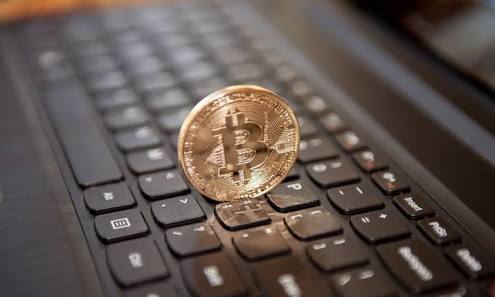The Real World Solution Digital Currencies Created
cryptocurrrency·@abdulganiy·
0.000 HBDThe Real World Solution Digital Currencies Created
.jpeg) ### Digital currencies are virtual and don't have any physical form, isn't that true? Indeed, digital currencies, for example, Bitcoin or Ethereum, just exist as records on the clients' hard drives. The first cryptographic money - Bitcoin - was created in 2009, with the intention to make a decentralized form of currency, run not by governments or banks, but rather by its individual users. So as to accomplish that objective, Bitcoin's creator Satoshi Nakamoto made another innovation called "Blockchain". The Blockchain is a distributed open ledger of all transactions that have ever been sent with Bitcoin. So, Bitcoin itself is simply just records on this ledger, by following the historical backdrop of each single coin in the system since its creation and to the most recent owner, any client can tell who owns Bitcoins, and what number of. All cryptocurrrencies are based on the Blockchain. The Blockchains of various cryptocurrrencies normally defer: they may have different protocols, transaction times, security algorithms etc. In any case, the fundamental rule remains the same and that will be that no one, specifically, is in control of a cryptocurrrency, and the cash itself is just showed in records of transactions on an open distributed ledger. Despite the fact that there are some uncommon cases of physical coins, they are not used as actual currency. But, they are souvenirs which can later be redeemed for the digital coins. ### However,do these currencies have real world use cases? Virtual currencies have been used in an immense number of real world solutions. In their most basic time frame, digital currencies have seen huge accomplishment in the realm of finance. Fast, quick, restrictionless transaction of Bitcoin and other coins, are always a better choice to the services provided by traditional banks. However, the Blockchain, their technology behind it, isn't restricted to finance. Generally, Blockchain isn't just an approach to register money transfers, but to put down any ownership information. It is put down in such a way, that the users can confirm any record whenever, without depending on third parties to keep up the system. Blockchain is "a method for making the truth known" in a decentralized way. In this regard, it might be and is utilized in any place where keeping records is crucial. Its use enables to cut the expenses of maintaining the databases of records, and in the meantime upgrade their security. Healthcare, Security, Food, Tourism, Energy, Distributed Computation, Prediction Markets, and so on. Every one of these organizations are genuine, have individuals working in them, and they offer valuable services. Else, they wouldn't exist. ### And how can digital coins translate into real world solutions? The value of a digital money isn't in any way backed by any government. One may consider how something as apparently inconsequential and 'unsexy' as the innovation of influencing records on an open ledger can be utilized as a basis for genuine - and very huge - organizations. In any case, things being what they are, standard cash doesn't sound so incredible either. It's a ordinary piece of paper whose value only originates from the government's backing- but then, if applied accurately, it can move mountains. In numerous regards, a computerized record is more important than a government's guarantee - as it is more secure. Regardless of what occurs on the planet, the Blockchain will continue as before for whatever length of time that there is no less than one individual on the planet putting away it on their PC. For a few people, and in a few ventures, the Blockchain's capacity to keep permanent records and include new ones without dependence of a trusted third party can give massive value. Some can see the chance to explore that opportunity and hence the Blockchain-controlled enterprises are created.